The relationship between diet and cancer prevention has been a subject of intense scientific scrutiny for decades. Researchers across the globe have dedicated countless hours to understanding how certain foods may inhibit tumor growth, reduce inflammation, or even trigger apoptosis in cancerous cells. This growing body of evidence suggests that what we put on our plates could be as important as any prescription in our medicine cabinet when it comes to cancer prevention.
Broccoli and other cruciferous vegetables have emerged as superstars in the world of anticancer foods. These vegetables contain sulforaphane, a compound that has demonstrated remarkable ability to stimulate protective enzymes and flush out cancer-causing chemicals. Studies at Johns Hopkins University revealed that sulforaphane could reduce the incidence, number, and size of tumors in laboratory animals by as much as 60%. The compound appears particularly effective against breast, prostate, colon, and ovarian cancers. What makes this discovery even more compelling is that the anticancer effects persist long after the compounds have been metabolized and eliminated from the body.
The humble garlic, often relegated to a mere flavor enhancer, packs a powerful anticancer punch. Its active component, allicin, forms when garlic is crushed or chopped and has shown significant tumor-fighting properties. Population studies in China reveal that regions with high garlic consumption have dramatically lower rates of stomach cancer. The sulfur compounds in garlic appear to block the formation of cancer-causing substances and enhance DNA repair while slowing the growth of cancerous cells. Researchers at the American Cancer Society note that eating raw or cooked garlic regularly may reduce the risk of colorectal cancer by nearly 30%.
Berries of all varieties - blueberries, strawberries, raspberries, and blackberries - contain a potent arsenal of cancer-fighting phytochemicals. The deep hues of these fruits signal the presence of anthocyanins, powerful antioxidants that neutralize free radicals before they can damage cells. Ellagic acid, particularly abundant in raspberries, has demonstrated the ability to slow the growth of abnormal colon cells in petri dish studies. What's fascinating is that frozen berries retain nearly all their anticancer properties, making them accessible year-round. Nutritionists recommend incorporating a variety of colored berries into the diet to benefit from their complementary protective compounds.
The relationship between turmeric and cancer prevention has roots in both ancient Ayurvedic medicine and modern laboratories. Curcumin, the active component that gives turmeric its golden color, has shown remarkable anti-inflammatory and anticancer properties in hundreds of studies. Researchers at MD Anderson Cancer Center found that curcumin can differentiate between healthy and cancerous cells, selectively inducing apoptosis in malignant cells while leaving normal cells unharmed. This spice appears particularly effective against cancers of the digestive system, possibly because it's better absorbed when consumed with black pepper and healthy fats.
Green tea offers more than just a caffeine boost - its catechins, particularly epigallocatechin gallate (EGCG), have demonstrated impressive anticancer effects. Japanese studies following large populations over decades found that regular green tea drinkers had significantly lower rates of stomach, esophageal, and liver cancers. The polyphenols in green tea appear to inhibit angiogenesis, the process by which tumors develop their own blood supply. Unlike many laboratory studies where massive doses are used, the anticancer benefits of green tea manifest at consumption levels easily achieved by drinking several cups daily.
The tomato's cancer-fighting credentials come from its rich lycopene content, a carotenoid that gives the fruit its red color. Research suggests that lycopene may be particularly effective against prostate cancer, with studies showing that men who consume tomato products regularly have a significantly reduced risk. What's intriguing is that cooked tomatoes actually provide more bioavailable lycopene than raw ones, making tomato sauce and paste excellent sources. The anticancer effects appear enhanced when tomatoes are consumed with healthy fats like olive oil, which improves lycopene absorption.
Dark leafy greens such as spinach, kale, and Swiss chard contain a wealth of cancer-fighting compounds including carotenoids, flavonoids, and folate. These vegetables are particularly rich in chlorophyll, which in laboratory studies has shown the ability to bind with carcinogens, preventing their absorption. The high fiber content in these greens also promotes healthy gut bacteria, which plays an increasingly recognized role in cancer prevention. Researchers note that the diverse array of protective compounds in leafy greens likely work synergistically, making the whole vegetable more protective than any isolated component.
The mushroom family, particularly varieties like shiitake, maitake, and reishi, contain powerful immune-boosting compounds called beta-glucans. These compounds appear to enhance the activity of natural killer cells that seek out and destroy cancerous cells. Traditional Chinese medicine has used medicinal mushrooms for centuries, and modern science is now validating many of these applications. Studies suggest that regular mushroom consumption may reduce breast cancer risk by up to 60%, possibly due to their ability to regulate estrogen metabolism.
Nuts and seeds, especially walnuts, flaxseeds, and Brazil nuts, offer a concentrated source of cancer-protective nutrients. Walnuts contain compounds that may slow the growth of breast cancer tumors, while flaxseeds are rich in lignans that can modulate estrogen metabolism. Brazil nuts provide selenium, a mineral that's essential for DNA repair and has been linked to reduced risk of prostate, lung, and colorectal cancers. The healthy fats in nuts and seeds may also help reduce inflammation, a known contributor to cancer development.
The pomegranate, with its jewel-like seeds, contains punicalagins and ellagic acid that have shown remarkable ability to slow cancer cell proliferation in laboratory studies. Research from the University of California suggests that pomegranate compounds may be particularly effective against prostate cancer, potentially slowing PSA doubling time in men with recurrent prostate cancer. The juice appears to inhibit angiogenesis while promoting apoptosis in cancerous cells, offering a two-pronged attack against tumor development.
While no single food can guarantee cancer prevention, the consistent inclusion of these nutrient-dense options in a balanced diet creates a powerful defensive network against cellular damage. Scientists emphasize that the synergistic effect of consuming a variety of these foods likely provides greater protection than focusing on any single "superfood." As research continues to unravel the complex relationships between diet and cancer, one message remains clear: our daily food choices may be among the most powerful tools we have in cancer prevention.

By /May 21, 2025

By /May 21, 2025

By /May 21, 2025
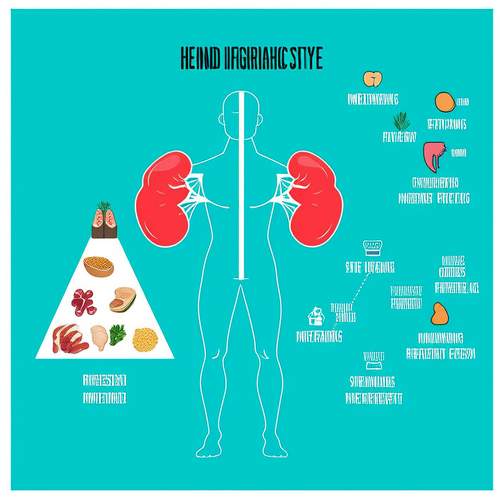
By /May 21, 2025
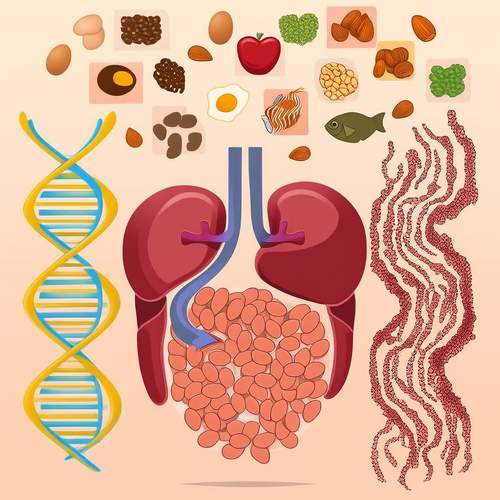
By /May 21, 2025
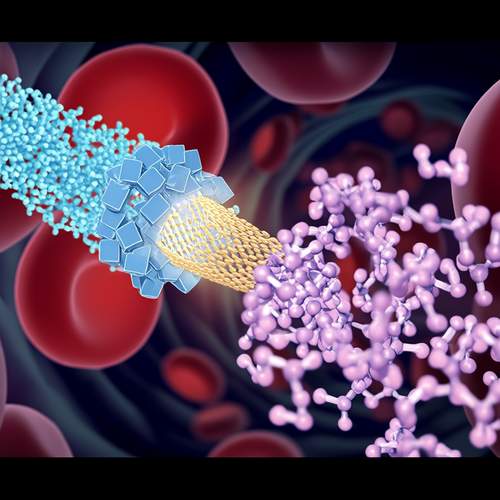
By /May 21, 2025
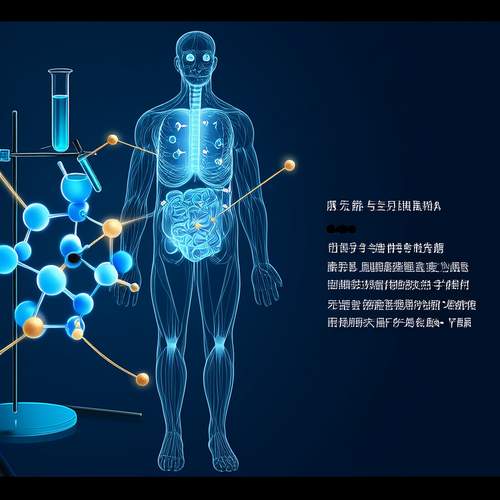
By /May 21, 2025

By /May 21, 2025

By /May 21, 2025

By /May 21, 2025

By /May 21, 2025

By /May 21, 2025
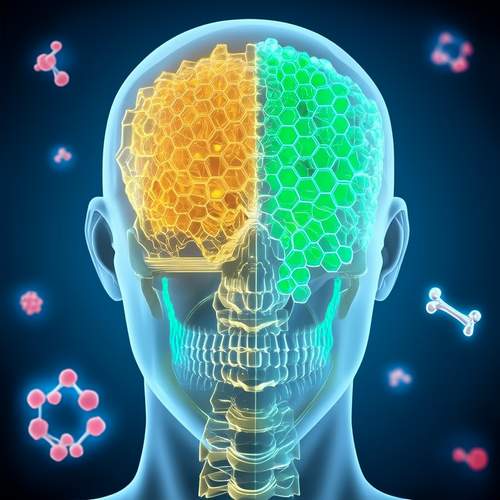
By /May 21, 2025

By /May 21, 2025
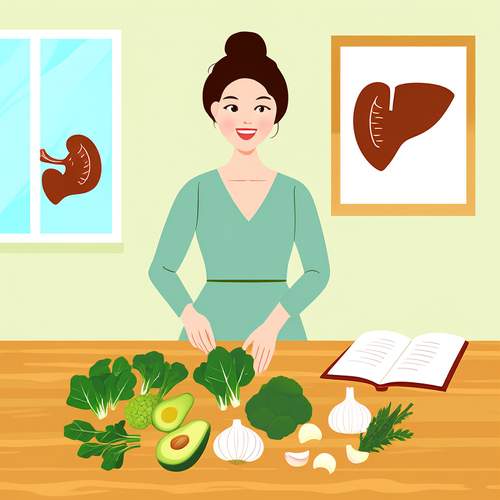
By /May 21, 2025

By /May 21, 2025

By /May 21, 2025

By /May 21, 2025

By /May 21, 2025

By /May 21, 2025